
Shoppers browse digital products offering trade-in subsidies at a store in Hefei, Anhui province. (CHEN SANHU/FOR CHINA DAILY)
Expanded bond issuances, enhanced trade-in incentives key to consumption
China has largely scaled up its fiscal firepower toward consumption-boosting initiatives — a top priority on the country's policy agenda for the year ahead — in order to offset sluggish homebuying appetites and possible shocks to overseas demand, analysts said.
Along with a consumer goods trade-in program, policymakers will also increase fiscal spending on public services to alleviate financial burdens on households and empower them with greater purchasing power, thus creating necessary conditions for consumption-led growth, they added.
China announced last week in its Government Work Report that it would double ultra-long term special treasury bonds earmarked for its consumer goods trade-in program to 300 billion yuan ($41.39 billion) this year, which was within market expectations.
The incentives, an expansion from last year's 150 billion yuan program launched in March 2024, will cover 15-20 percent of the purchase price for a wider range of select products, including mid-range smartphones, home appliances and new energy vehicles.
In early January, the Ministry of Finance had already front-loaded 81 billion yuan in fiscal funding for this year's trade-in program.
Chen Changsheng, deputy director of the Research Office of the State Council, the country's Cabinet, said, "China faces rising external uncertainty and subdued domestic demand, particularly in the tepid consumption sector."
The current macroeconomic environment calls for a more robust policy response to address the challenge of insufficient overall demand, with consumption being a key concern, Chen said.
"The expanded bond issuance and enhanced trade-in incentives will provide a much-needed boost to consumption and help drive a moderate rebound in inflation," said Wang Qing, chief macroeconomic analyst at Golden Credit Rating International.
These supportive policies could help propel the year-on-year growth of total retail sales of consumer goods from 3.5 percent in 2024 to around 5.5 percent this year, Wang said, adding, "We cannot rule out the possibility of further intensification of fiscal policies to boost consumption in the coming period."
Minister of Finance Lan Fo'an said at a news conference on Thursday, "China has sufficient fiscal policy tools and ample flexibility to effectively respond to potential domestic and external uncertainties."
Data from the Ministry of Commerce showed on Thursday that, as of March 5, the government had received over 700,000 applications for vehicle replacements.
Meanwhile, over 9.4 million consumers had purchased over 12 million units of home appliances under the trade-in program, while 34 million consumers had applied for subsidies on over 42 million digital products, including smartphones, according to the ministry.
"We believe that domestic consumption in China will gradually recover," said Kelly Zhang, general manager of Bimbo China, adding that the country's efforts to stimulate domestic consumption began to show positive results from the end of last year.
This will give Grupo Bimbo, a Mexican multinational food company, confidence to deepen its investment in China, helping speed up geographic and category expansion in the market, Zhang said.
"With its 1.4 billion population, China's market presents unparalleled potential for bakery industry growth."
China's policymakers are not only focused on stimulating short-term consumption through the trade-in program, but also increasing fiscal spending in areas such as eldercare, healthcare, employment and education to provide a solid foundation for transitioning to a consumption-driven economic model, said Yang Zhiyong, president of the Chinese Academy of Fiscal Sciences.
"More funds and resources will be used to serve the people and meet their needs. This will help create more jobs, increase people's incomes and reduce their burdens, and provide more incentives to stimulate consumption," Yang said, citing the Government Work Report.
"China has been allocating over 70 percent of its fiscal expenditure to public service sectors directly impacting people's livelihoods over the past few years. This year, China has increased its fiscal deficit to GDP ratio to 4 percent, the highest on record, allowing for a significant expansion in government spending on public services. This will alleviate the financial strain on households, which in turn boosts their overall purchasing power over the long run," Yang said.









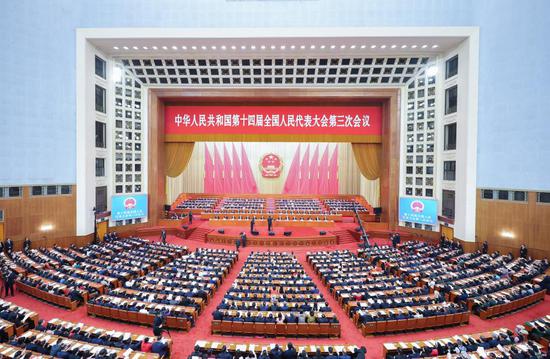



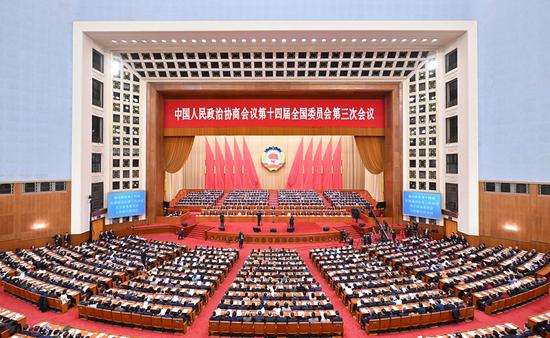


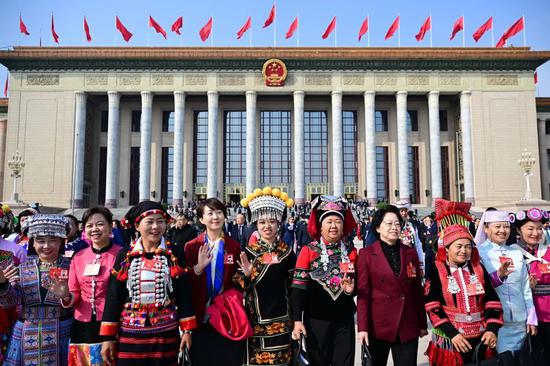




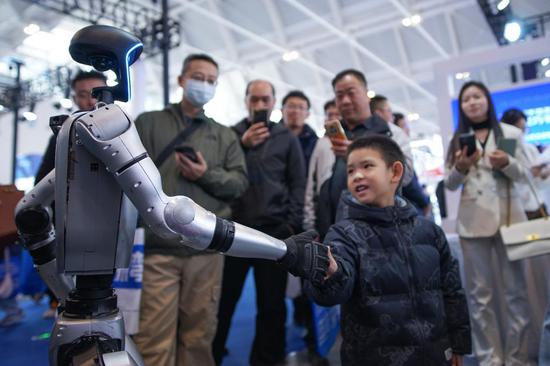


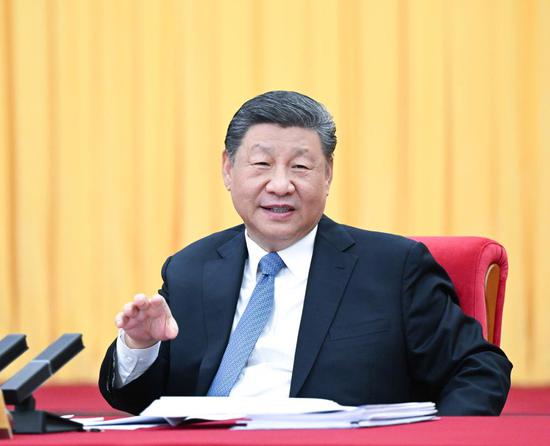




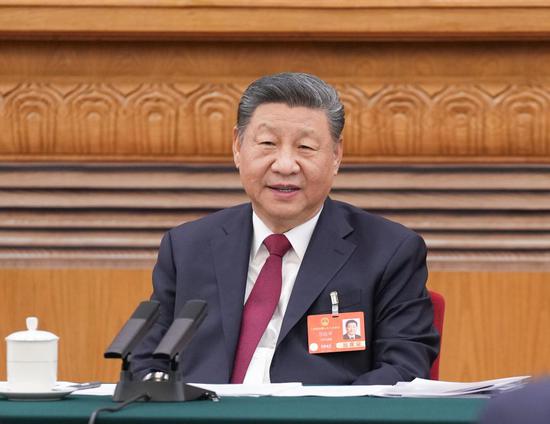







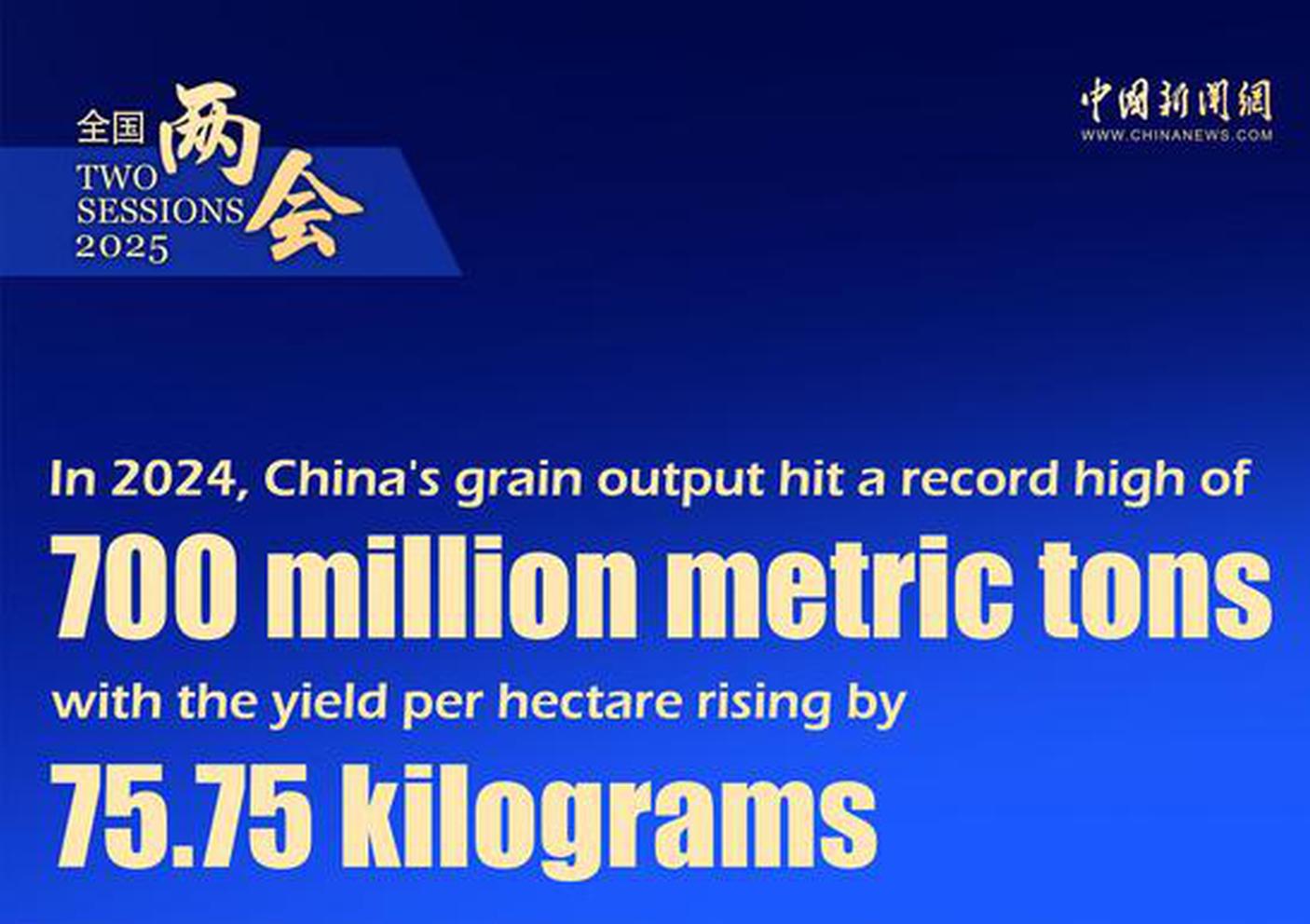
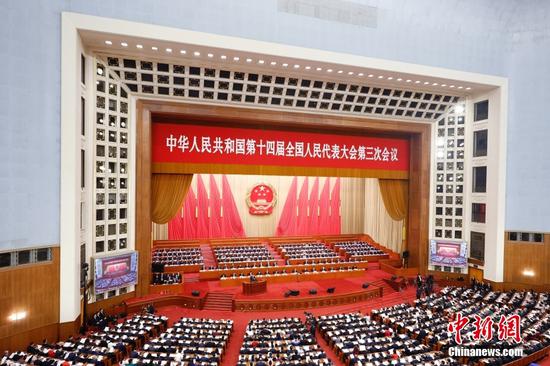
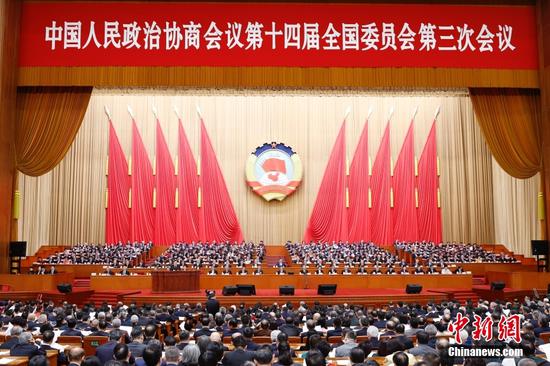

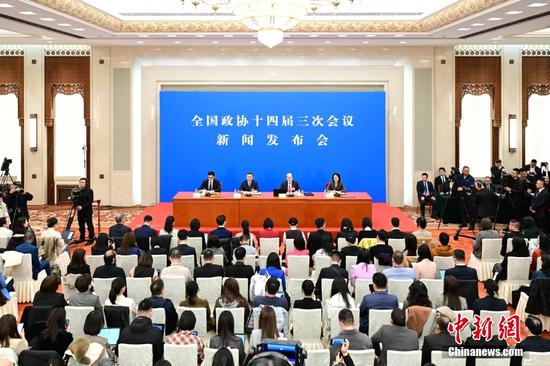

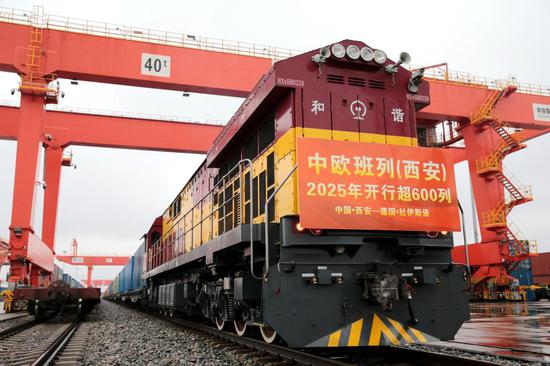





 京公網安備 11010202009201號
京公網安備 11010202009201號